
When it comes to price-to-performance ratio for phones, Xiaomi is still one of the more dominant names in the market. So, it’s no real surprise that it is doing it again with the 11T Pro. Which also got released at a pretty good time, following the company’s decision to drop the Mi tag on its devices.
If you’re familiar with last year’s 10T Pro, it’s pretty much the same story as this year’s entry, barring the expected incremental upgrades. But if you’re not, then here’s a fresh look at this year’s Xiaomi flagship smartphone.
Specifications
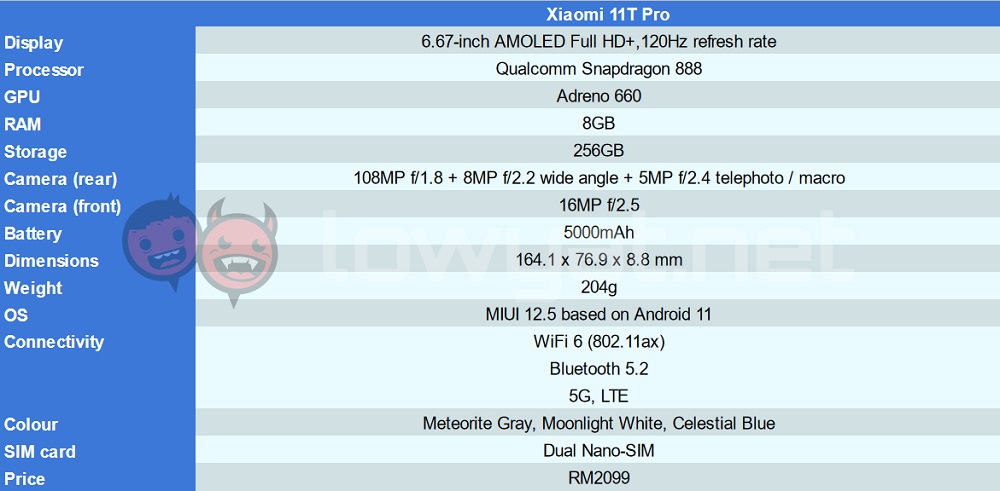
The Xiaomi 11T Pro comes with all the parts, bells and whistles that you’d expect from a flagship device. So nothing really stands out here, except maybe the price which, again, is not exactly new either.
Design
These days, the only real difference you’ll ever really see in terms of smartphone design will likely be the way the cameras are arranged, be they the main rear setup or the front-facing one. And as phone camera tech get more complicated, so do the way they get arranged, and the description enthusiasts give them. The phrase “kitchen stove” has been thrown around a couple of times. And it’s probably an appropriate phrase to describe the camera island on the Xiaomi 11T Pro.
The camera island itself has two levels of elevation, or bumps, if you will. While this can be something you find unpleasant, the phone does come with a case in the box, which mostly mitigates this.
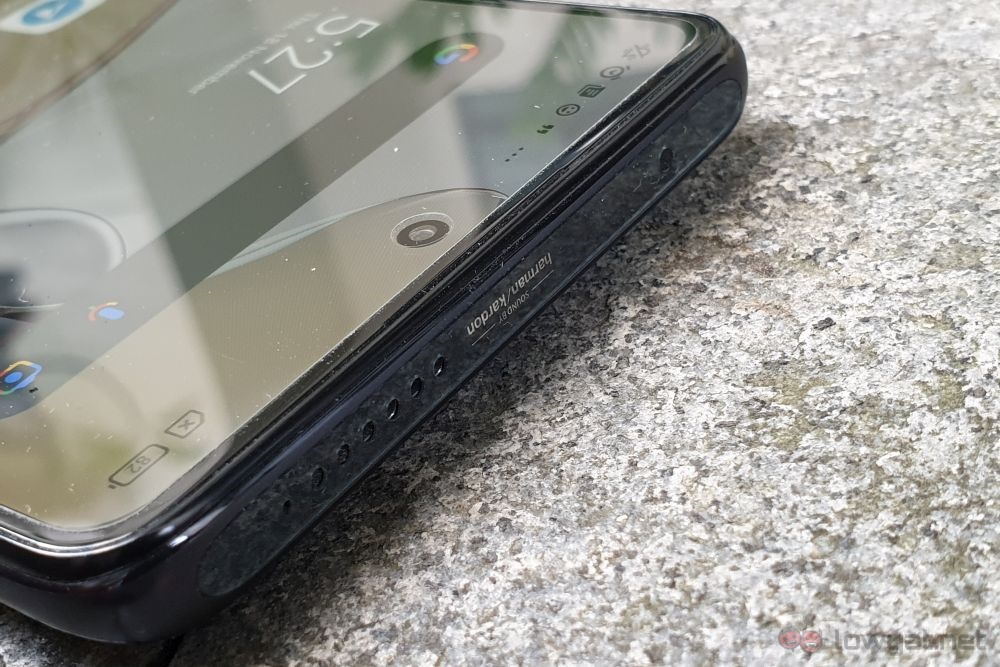
Things are a little more straightforward with the front-facing camera, which sits in a single punch hole at the top of the screen. And the same can be said, for better or worse, for the rest of the phone. You have a flat front, and a back with curved edges for an ergonomic, comfortable grip. That said, the phone itself feels quite heavy in hand, so you probably wouldn’t be holding on to it for too long.
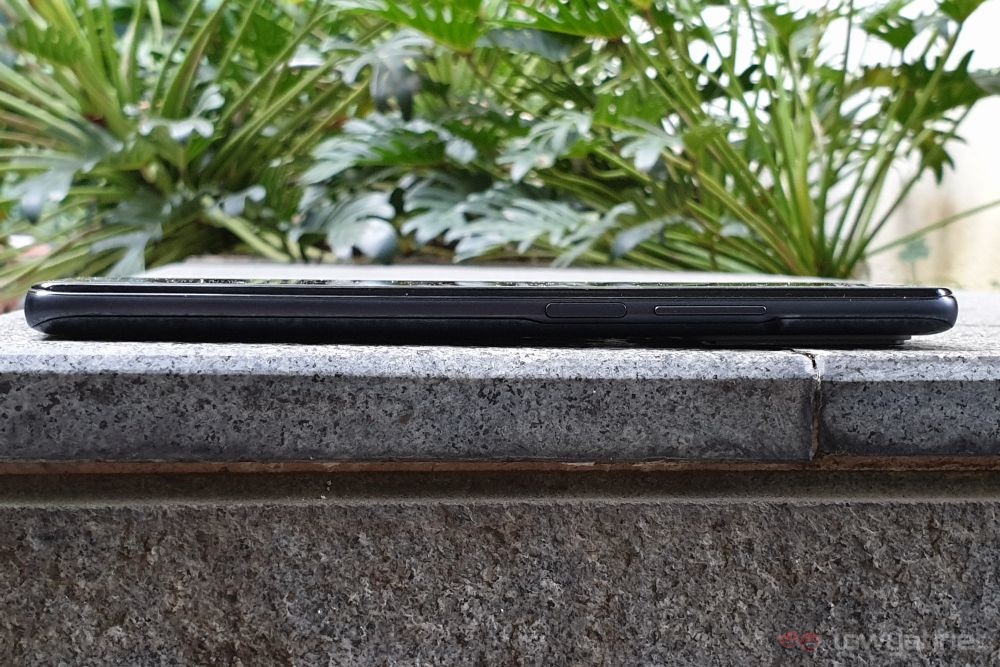
There’s nothing on the left side, and the right is where the usual volume rocker and power button are. The power button also acts as a fingerprint sensor, a design choice that I’m a big fan of. Fortunately, it also works very well, unlocking the phone in about half a second.
At the bottom is where you’ll find the SIM tray, the USB-C port, and the speaker grille. You’d think the top would be empty like most phones, but there is another speaker grille set here. This gives the phone stereo speakers when held horizontally, which is nice. Though blocking the top grille with your finger doesn’t muffle sounds coming from it, which suggests that sounds still come out from the earpiece. Which shouldn’t really be too surprising considering the distance between the two.
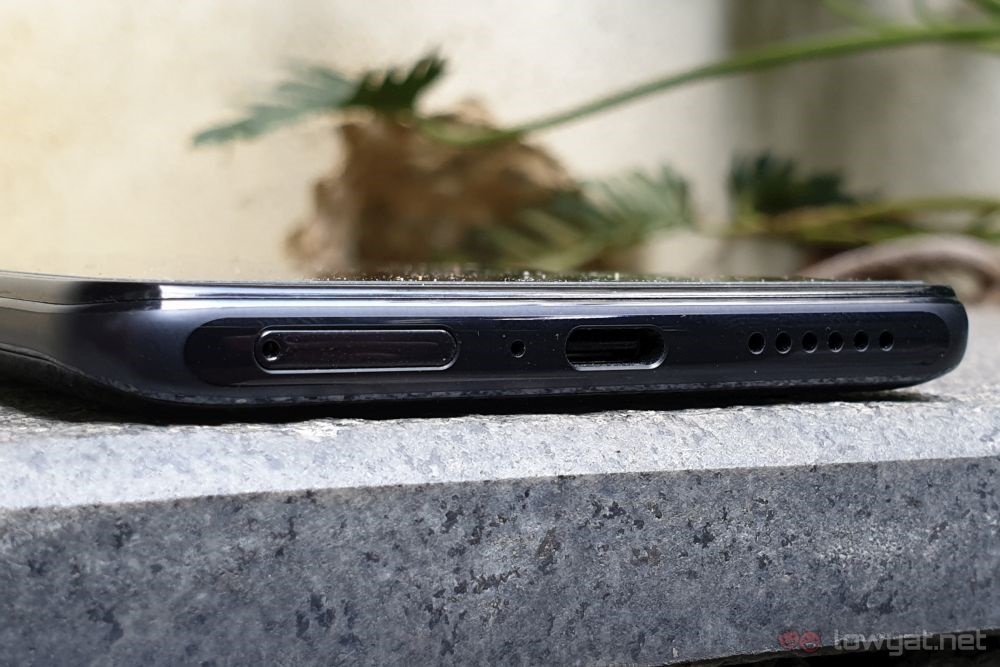
And if you’re wondering where’s the mention of the 3.5mm audio jack, it, unfortunately, doesn’t exist on this phone. Which is more of a problem than usual.
User experience
Not having an audio jack means having to rely on Bluetooth, obviously. The problem here is that volume over Bluetooth is generally a little on the low side. This should not be a problem with headphones or TWS buds, but it can be depending on your wireless speakers. You also don’t get a USB-C to 3.5mm adapter in the box.
That aside, the speakers that the Xiaomi 11T Pro has can get the job done if you ever need to blast music aloud. But as is the case with any phone, it’s not the ideal way to do it, even if it does it better than a number of other phones.

Performance is pretty much what you’d expect from a Qualcomm Snapdragon 888 chipset, and 8GB of RAM. The synthetic benchmarks paint a pretty picture as you’d expect, with real-world performance performing similarly. I’ve not personally encountered any hiccups with it while scrolling through social media, streaming videos off of YouTube, or while playing games.
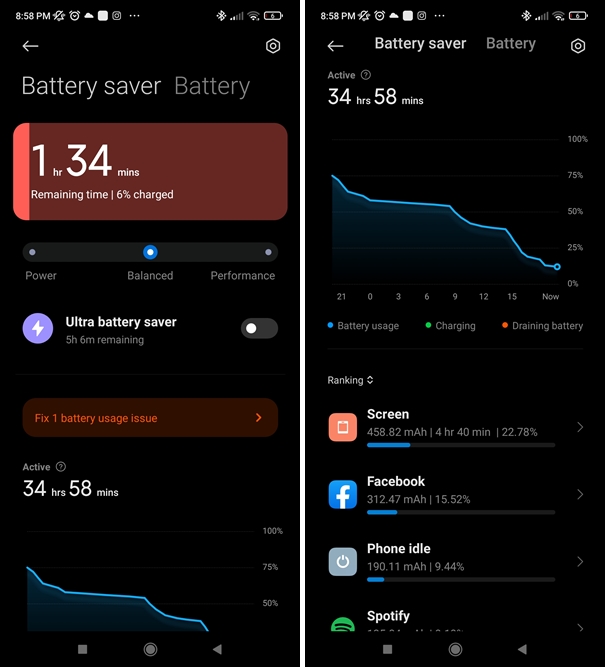
Battery life is equally impressive. Even with unhealthy amounts of Facebook scrolling and some gaming sprinkled in between, the Xiaomi 11T Pro lasted two days as my daily driver. And when put through a video marathon, it went on for just shy of 18 and a half hours. And since it comes with a 120W charger in the box, topping its battery up from empty to full takes about 24 minutes.
Camera
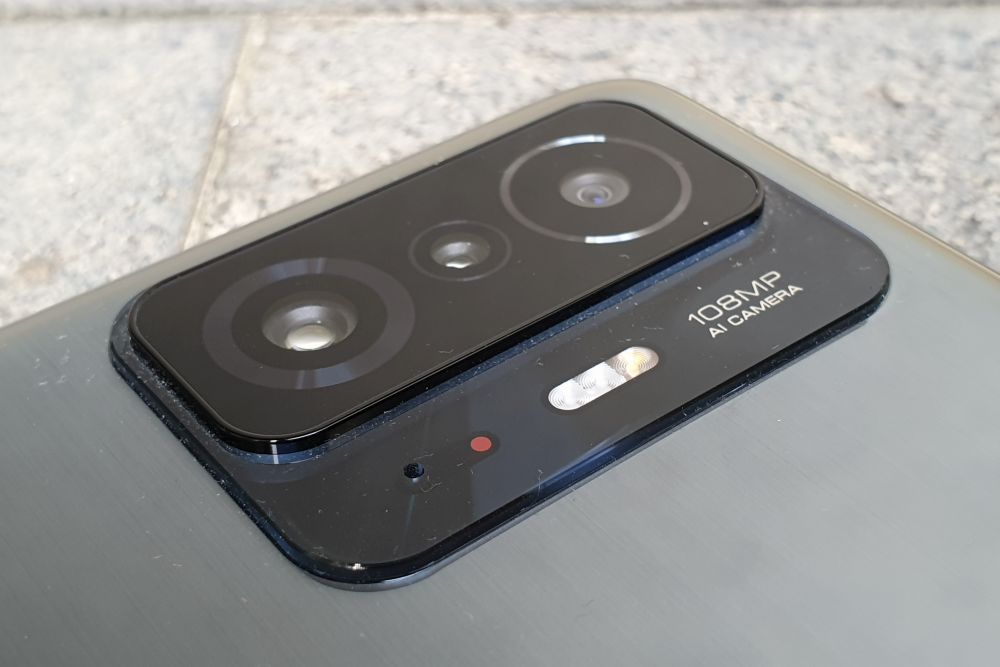
When it comes to smartphone cameras, there’s usually a lot of fault to be found, especially if you go out of your way to look for them. But for the Xiaomi 11T Pro, it’s one of the few times where, barring the usual low-light troubles, I haven’t much to say that’s negative with its camera.
With acceptable amounts of light, pretty much every shot you take will be crisp, with neutral colours and pretty good detail retention. The bit on colours is still a tad surprising since there are a fair number of phonemakers who would skew their colours towards the warmer side of the scale. Probably because it just makes photos more “grammable”, to use the lingo of the age. But since Instagram-worthy colours are usually just a filter away, accurate colours should always be the way to go. And that’s a surprising bonus to find on the 11T Pro.
Sample images









Competition
Competitors for Xiaomi flagships are usually tough, since while other phone makers can match either price or performance, it’s usually not the two together. Nevertheless, here are some alternatives.
Xiaomi 11T

Naturally, the phone that comes closes to the Xiaomi 11T Pro is the non-Pro variant of the phone. On the outside, it is virtually the same device. The only differences that matter are the chipset, which is a MediaTek Dimensity 1200-Ultra here, the slightly slower charging rate of 67W, and the lower starting price of RM1699.
Oneplus 9

While definitely not as competitive in terms of price, the Oneplus 9 is another device running the Qualcomm Snapdragon 888. So in terms of performance, it should be capable of comparable feats. Though the screen is just a tad smaller, measuring in at 6.55 inches, it has the same 120Hz refresh rate, and the same Full HD+ resolution. Other things inside include a 4500mAh battery, 12GB of RAM and 256GB of storage space.
For cameras, this comes with a 48MP main shooter, paired with a 50MP wide-angle and 2MP monochrome cameras. In front, you get a 16MP secondary camera. All this gets rounded up in an RM3699 package.
OPPO Reno6
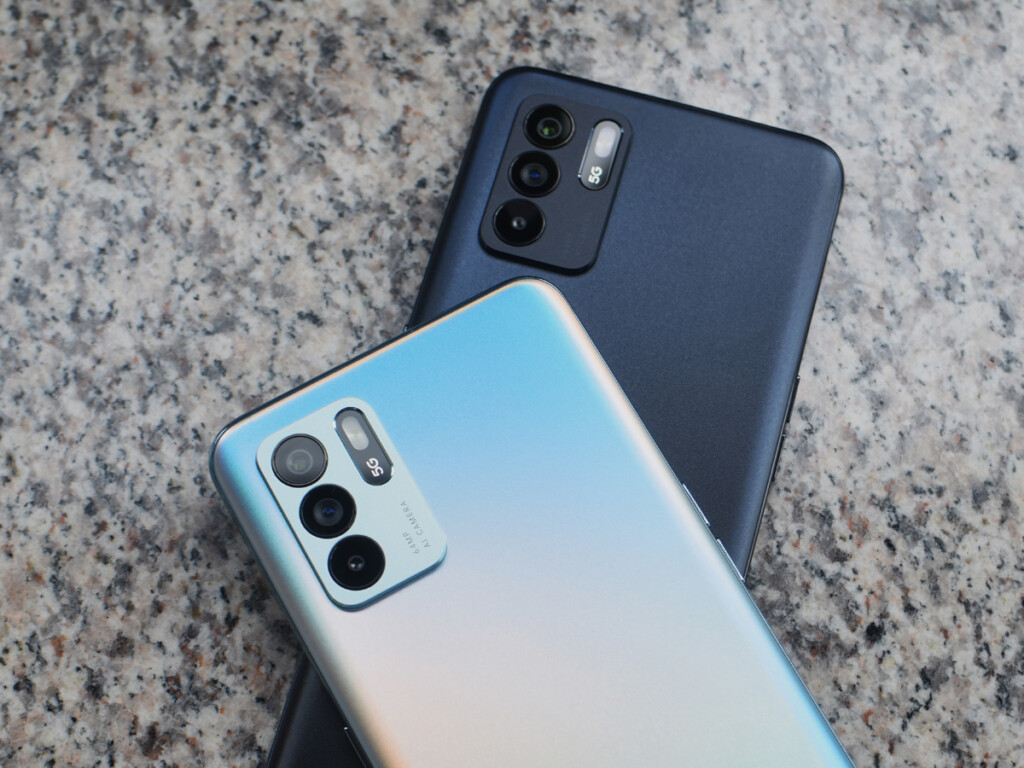
On the other side of the scale, we have the OPPO Reno6. Priced at RM2399, this has a price that’s closer to the Xiaomi 11T Pro. It comes with a MediaTek Dimensity 900 chipset, 8GB of RAM, 128GB of internal storage, and a 4300mAh battery. The screen measures in at 6.4 inches, but it has a slightly lower 90Hz refresh rate.
On cameras, we’re looking at a 64MP main + 8MP wide-angle + 2mp macro camera setup at the back. For its front-facing camera, it has a 32MP shooter.
Conclusion
The Xiaomi 11T Pro is a very compelling device, like the many of its kind that came before it. While it’s not alone in providing the kind of performance that it dishes out, it’s definitely the rare few that do it at this price point.
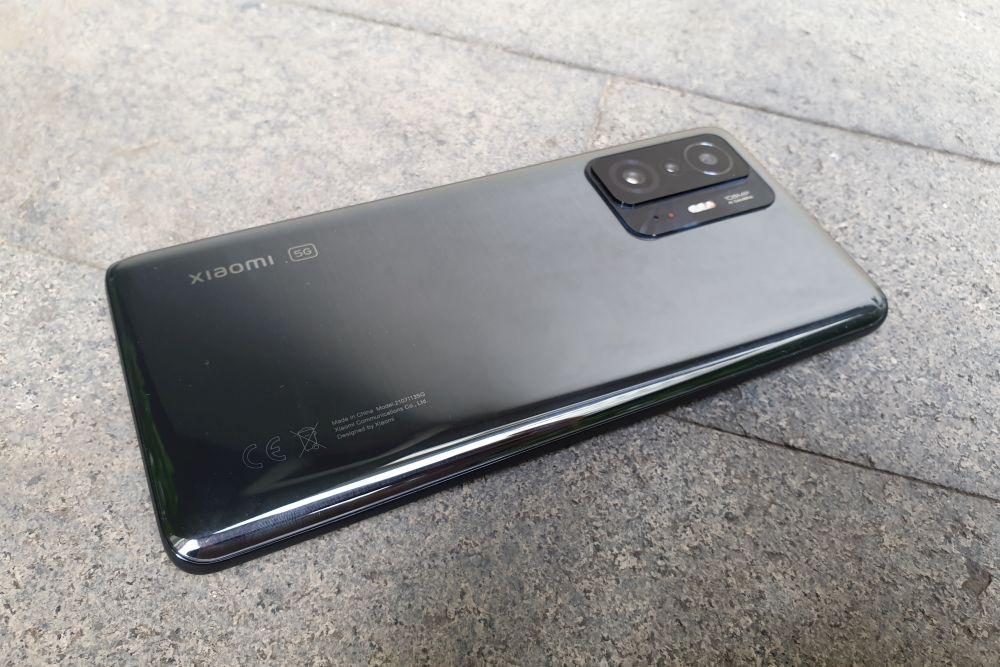
Of course, no phone is perfect, and this one is not either. That being said, many of its downsides are more of a subjective nature, rather than objective. For instance, you may prefer a fingerprint sensor that’s on the screen or at the back rather than one that’s also the power button at the side. Similarly, you may or may not be fine with a punch-hole camera cutout in the screen. But more objective issues do exist, like the lower volume over Bluetooth devices.
If these are things that you are fine with or can get used to, then there should be nothing else stopping you from picking up the Xiaomi 11T Pro.
The post Xiaomi 11T Pro Review: The Familiar Price-To-Performance Ratio Returns appeared first on Lowyat.NET.
0 Commentaires